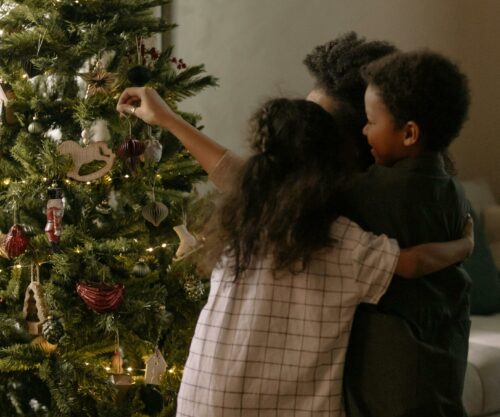
A record number of millennials are rejecting traditional marriage, making history but also having the potential to fundamentally alter a centuries-old custom.
With this cohort, the oldest of whom is already 40 years old, traditional marriage seems to be falling apart at an alarming rate, despite historically declining rates. More than four out of ten Millennials do not live with their own family, per a Pew Research Center study, indicating that they are taking longer than other generations to start their own households.
The trend of test-driving marriage is popular among millennials. A large percentage of people, according to Pew surveys, live with a romantic partner. In most racial and ethnic categories, as well as in terms of educational level, millennials co-habitate more frequently than Gen Xers did.
The millennial marriage trend has educational foundations, according to Bentley University lecturer in natural and applied sciences Clarissa Sawyer, who teaches gender psychology and courses on adult development and aging.
“Women around the world are getting married later and part of that is because women are getting more educated and investing in their careers,” Sawyer says, noting a boost in the ratio of college-educated women to college-educated men. “They’ve invested a lot of time and money into college, so they’re getting a job and delaying marriage — if not opting out completely.”
Gender aside, a college diploma isn’t necessarily replacing a marriage certificate. Pew reported that Millennials with a bachelor’s degree or more are marrying at a higher rate than those with less education — but they are living without children.
Sawyer believes that many Millennials are hesitant to marry due to the threat of divorce. “Getting married is often perceived as a risk so Millennials tend to cohabitate and get financially stable before moving forward.”
Also see: How to manage a healthy marriage




